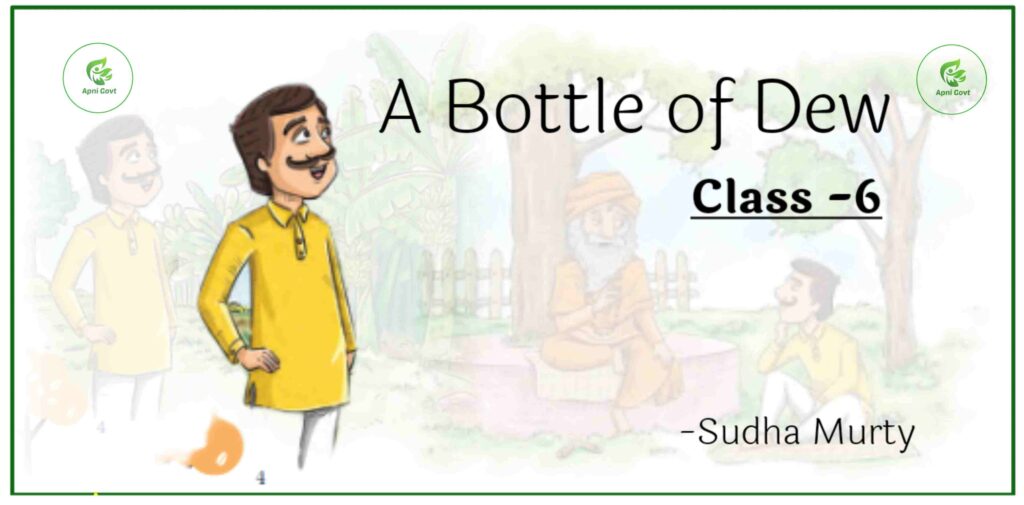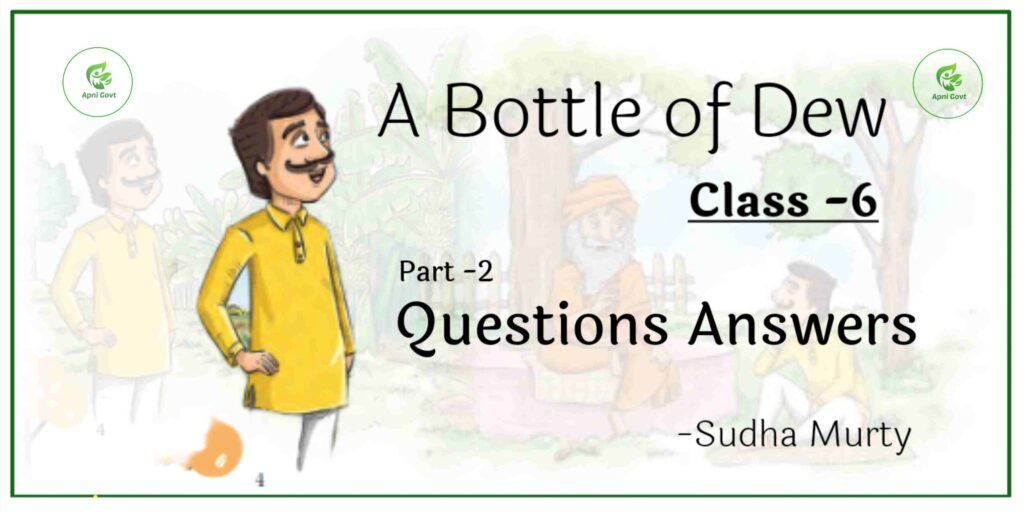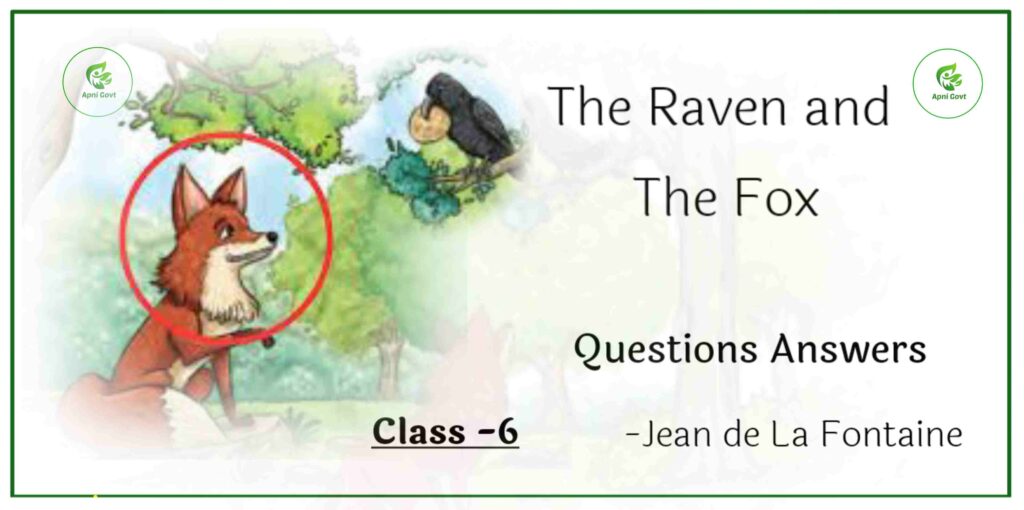Unit IV • Lesson 2
The Winner — COMPLETE (Questions + Answers) • pp.115–121
Let us do • Read • Discuss • Think & Reflect • Learn • Listen • Speak • Write • Explore
Let us do — Before we read (p.115)
Q1. Look at the picture and talk: Where are the children? What are they doing? What time of day is it?
Answer: वे बच्चे पड़ोसी के मैदान में creek (छोटी नदी/नाला) के पास ball खेल रहे हैं। समय शाम का है—अँधेरा होने लगा है।
Q2. Discuss: When do you go to play? With whom? What do you play?
Answer (model): मैं होमवर्क के बाद 5:30–7:00 pm खेलता/खेलती हूँ, अपने मोहल्ले के दोस्तों के साथ; फुटबॉल, खो-खो खेलना पसंद है।
Let us read — Poem (p.116)
Evenings,
we play ball next to the creek in
our neighbour’s field.
We run so fast I can’t even catch my breath.
When blue dark turns to black,
cold grass aches our feet,
trees creep close — game’s over. Night wins!
Poet: Georgia Heard
Let us discuss — Meanings from lines (pp.116–117)
Q1. “next to the creek” — What does creek mean?
Answer: Creek = छोटी धारा/नाला (small stream).
Q2. “I can’t even catch my breath” — What does it show?
Answer: बहुत तेज़ भागने से साँस फूली है—breathlessness को दिखाता है।
Q3. “When blue dark turns to black” — Explain.
Answer: शाम से रात हो रही है; आकाश पूरी तरह काला हो रहा है।
Q4. “trees creep close” — What picture does it create?
Answer: अँधेरा बढ़ने पर पेड़ पास आते से लगते हैं—दृश्यता कम होने की imagery।
Let us discuss — Based on the poem (p.117)
Q1. Where do the children play?
Answer: पड़ोसी के field में, creek के पास।
Q2. Why does the speaker say “can’t catch my breath”?
Answer: वे बहुत तेज़ दौड़ रहे हैं, इसलिए साँस फूल रही है।
Q3. When do they stop playing? What does “Night wins!” mean?
Answer: रात होने पर खेल बंद करते हैं—अँधेरे के कारण खेल खत्म; इसलिए Night wins।
Let us think & reflect — I (pp.117–118)
Q1. “We run so fast I can’t even catch my breath.”
(i) Why does the poet say this?
(ii) Is the speaker alone or with friends?
(iii) What does the broken/short phrasing show?
(i) Why does the poet say this?
(ii) Is the speaker alone or with friends?
(iii) What does the broken/short phrasing show?
Answer: (i) तेज़ भागने से breathless है। (ii) दोस्तों के साथ—poem में “we” है। (iii) टूटे/छोटे वाक्य साँस फूलने का प्रभाव देते हैं।
Q2. “When blue dark turns to black, cold grass aches our feet, trees creep close — game’s over. Night wins!”
(i) Why is the grass cold?
(ii) Why do their feet ache?
(iii) Why does ‘Night’ win? (Tick one: A. time for play has ended • B. they won the match • C. it started raining)
(i) Why is the grass cold?
(ii) Why do their feet ache?
(iii) Why does ‘Night’ win? (Tick one: A. time for play has ended • B. they won the match • C. it started raining)
Answer: (i) शाम ढल कर रात—ओस/ठंडक। (ii) ठंडी घास पर लंबे समय दौड़ने से। (iii) A. time for play has ended ✓
Let us learn — Poetic devices (p.119)
Q1. Identify the device and add your own example.
| Line from poem | Device / Effect | Your own example |
|---|---|---|
| I can’t even catch my breath. | छोटे/कटे वाक्य — repetition/pace से breathlessness दिखती है | We ran, ran, ran to the gate. |
| Night wins! | Personification — रात को विजेता जैसा दिखाया | The wind whispered to the trees. |
Word web — Water bodies (p.119)
Q2. Make a word web of water bodies mentioned/related to the poem.
Answer: River, Stream/Creek, Lake, Pond, Sea, Ocean, Canal, Reservoir, Waterfall, Brook, Lagoon, Bay
Let us listen — Riddles (p.120)
Note: उत्तर audio/transcript (p.128) पर आधारित हैं—पहले बच्चे स्वयं guess करें, फिर मिलाएँ।
Q1. Listen and identify the sport/activity from each riddle.
| # | Riddle key lines | Answer (Sport) |
|---|---|---|
| 1 | Run and pass… Kick a black-and-white ball into the goal | Football (Soccer) |
| 2 | Hold your breath, say “Hu-tu-tu”… touch & run back | Kabaddi |
| 3 | In the blue pool | Swimming |
| 4 | Breathe in, breathe out… healthy and fit | Yoga / Exercise |
Q2. (If notes to fill are given) Fill important details while listening.
Answer template: Team names • Venue • Time • Referee • Periods • Equipment — audio सुनकर भरें.
Let us speak — Role play (p.121)
Q1. Use “please, thank you, sorry” in these situations (in pairs).
- Coming home late (apologise): “I’m sorry I’m late. Next time I’ll inform you and return by 7 pm.”
- Sharing game details: “Thank you for cheering! I scored a goal near the creek.”
- Introducing a friend: “This is Ayaan, my teammate.” — “Welcome!” — “Thank you, aunty.”
Let us write — Paragraph (p.121)
Q1. Write 80–100 words about your evening playtime near your house/creek.
Answer (model): I go out to play at 5:30 pm with my friends. We play football and kho-kho in our neighbour’s field next to the creek. Playing together teaches us teamwork, sharing and discipline. We stop by 7:00 pm when it gets dark — Night wins! We return home tired but happy.
Let us explore — Indigenous games (p.121)
Q1. Find about an indigenous game and share how it is played.
Answer (Kho-kho): Two teams — chasers and runners. Chasers sit in a row and tag runners by touching and saying “KHO!”. Builds speed, agility, teamwork. अन्य खेल: Kabaddi, Gilli-Danda, Langdi, Mallakhamba (सुरक्षा के साथ खेलें)।
Download New Books Class 1 to 6 ( Hindi Medium)
Download New Books Class 1 to 6 (English Medium)



